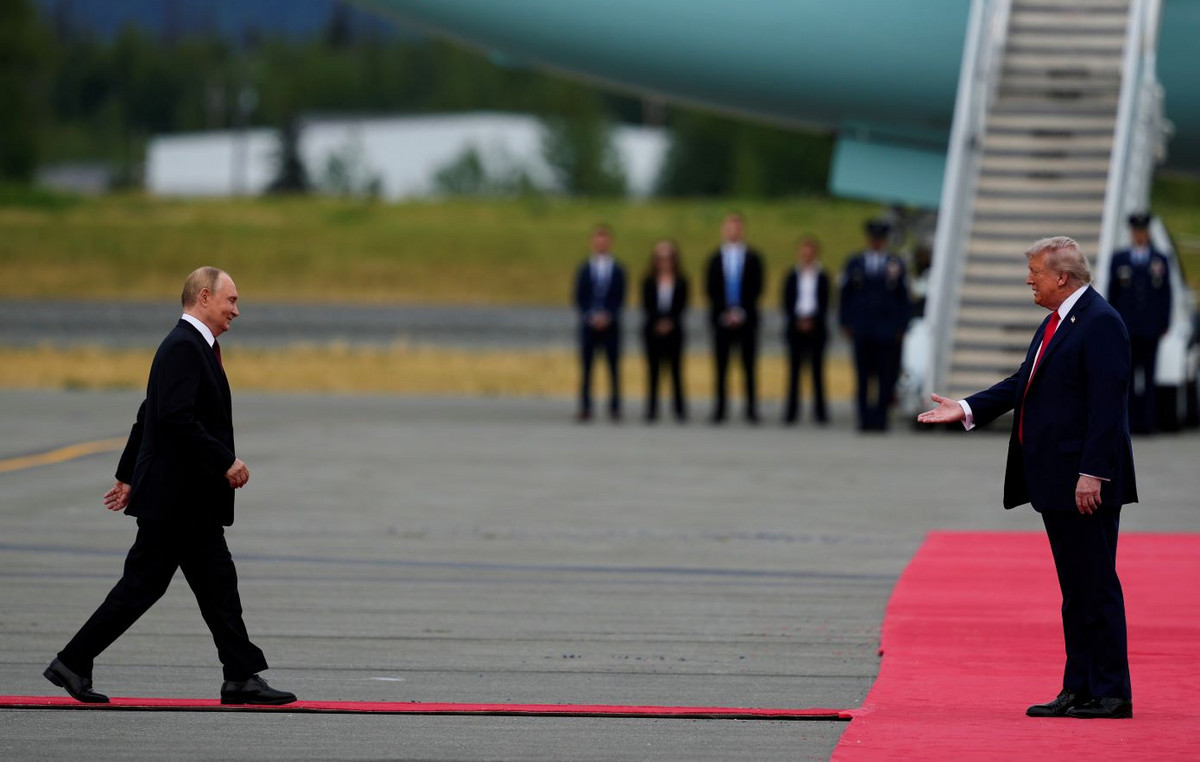In May, Amos Hochstein, US President Joe Biden’s point man to keep tensions between Israel and the Lebanese militant group Hezbollah in check, spoke at a webinar.
“What worries me every day,” he said, “is that a miscalculation or an accident … will hit a bus full of children, or some other type of civilian target, that could force the political system of any country to retaliate in a way that would lead to war. Even though both sides probably understand that a full-blown or deeper war is not in either side’s interest.”
The equivalent of that bus arrived on Saturday night in the Israeli-occupied Golan Heights.
A rocket, which Israel says was fired by Hezbollah from Chebaa in southern Lebanon, hit a soccer field in the Druze town of Majdal Shams. Twelve children, aged between 10 and 16, were killed while taking part in a training session. Hezbollah denied responsibility for the attack. Will Hochstein’s fears of a full-scale war now also come true?
If Israeli Foreign Minister Israel Katz is to be believed, it probably is. “We are approaching the moment of all-out war against Hezbollah,” he said in an interview with Israeli television on Saturday night. “The response to this event will be corresponding.”
The United States appeared to welcome the retaliatory action, to some extent. “We support Israel’s right to defend its citizens from terrorist attacks,” Secretary of State Antony Blinken said, before adding that the U.S. did not want to “see the conflict escalate.”
The response so far has been relatively muted. More attacks are likely to follow. “We are fed up with lofty rhetoric and empty words accompanied by feeble actions,” said former Israeli Prime Minister Naftali Bennett. to CNN . “The only way to stop all this, the only way to stop our enemies from hitting us… is to fight back and hit them. There is no other way.”
For months, the international community has been trying to de-escalate tensions between Israel and Hezbollah. With Iran’s strongest proxy estimated to have at least 150,000 missiles and rockets aimed south, fears are mounting of a war that would devastate Lebanon and cause serious damage to Israel.
Furthermore, as Aaron David Miller, a senior fellow at the Carnegie Endowment for International Peace, said to CNN “has the potential to create a situation we have never seen in this region: a major regional war, which could draw in the Gulf.” He warns that it could also lead to a direct confrontation between the United States and Iran.
And yet, over the past nearly 10 months of fighting, Israel, Hezbollah and Iran have consistently backed away from what appeared to be the red line. In January, Israel killed a senior Hamas leader in Beirut. All-out war has not materialized. In April, Israel killed a senior commander of the Iranian Revolutionary Guard Corps (IRCHG) in Damascus. In response, Iran has launched unprecedented attacks on Israel. All-out war has not materialized.
The status quo, of course, cannot continue either. Tens of thousands of Israelis have been displaced from their homes. Large swathes of northern Israel are like ghost towns. A similar picture is playing out in southern Lebanon. The best way to avoid an all-out war between Israel and Hezbollah, Blinken says, is to achieve a ceasefire in Gaza.
But that would only be a short-term solution. Israel wants to remove the threat from Hezbollah entirely by moving it back to the Litani River, in accordance with the UN Security Council resolution that ended the last major war between the two in 2006. “If the world does not push Hezbollah back from the border, Israel will,” Israeli Defense Minister Yoav Gallant said in December.
And so, despite the bombings, the internal pressures, the fears and the escalations, the fighting between Israel and Hezbollah continues to rage. No one seems to want this war. But, as Hochstein warned in the same webinar: “Historically, wars have started all over the world even when leaders did not want them, because they had no choice.”
Source: CNN Brasil
Bruce Belcher is a seasoned author with over 5 years of experience in world news. He writes for online news websites and provides in-depth analysis on the world stock market. Bruce is known for his insightful perspectives and commitment to keeping the public informed.







